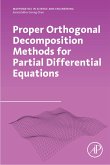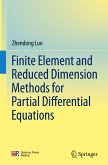
eBook, ePUB
26. November 2018
Elsevier Science & Techn.

Gebundenes Buch
2024
31. August 2024
Science Press / Springer / Springer Nature Singapore / Springer, Berlin
978-981-97-3433-7
| eBook, PDF | 137,95 € |
eBook, PDF
30. August 2024
Springer Nature Singapore
Ähnlichkeitssuche: Fact®Finder von OMIKRON
